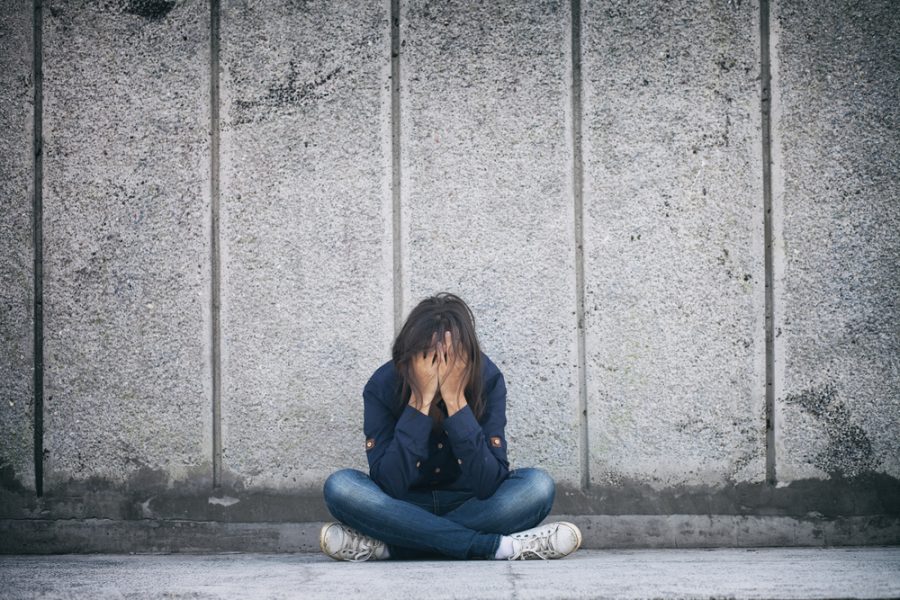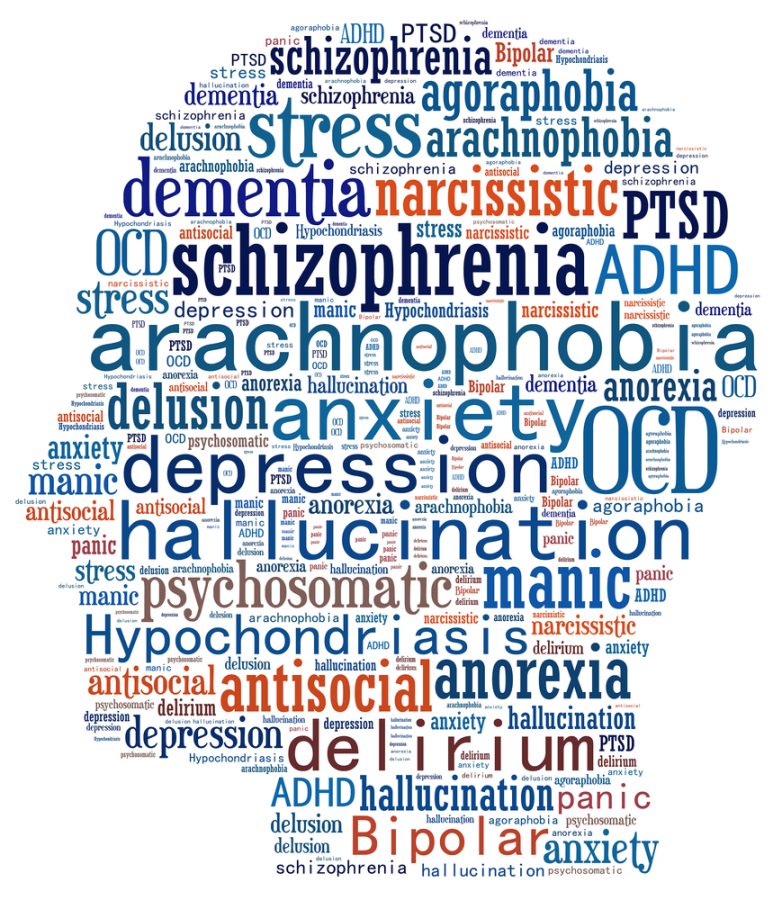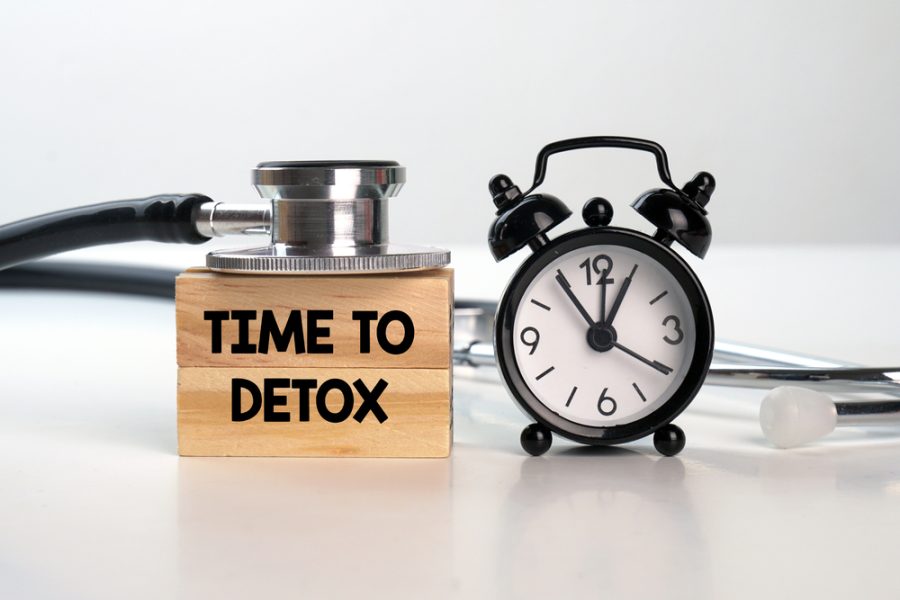
From the beginnings of addiction to dual diagnosis, Florida is home to countless people in need of help with their mental health and substance use disorders. Research has shown time and again that there is a strong relationship between addiction and mental health. As one issue worsens, so does the other.
But why are mental disorders and addiction linked? What does this mean for dual diagnosis treatments? Read on to learn the ins and outs of these issues.
Table of Contents
What Are Co-Occurring Disorders?
When addiction and mental health disorders develop together, they are referred to as co-occurring disorders. The two issues often develop in relation to one another. For example, a person experiencing the highs and lows of bipolar disorder may turn to alcohol as a means to manage their symptoms. In this way, the onset of one issue quickly leads to the development of the other.
Conversely, someone addicted to opioids may develop a substance use disorder. As they lose control over their life, depression or anxiety can develop. So this relationship goes both ways; neither necessarily starts before the other, but both feed into each other.
And this issue does not stop at any point, either. The complexities of this relationship go far beyond the onset of mental illness or substance abuse. Over time, one issue will worsen the other. So a person who starts drinking to treat a relatively mild case of depression may quickly find themselves even more depressed as alcohol ruins their relationships.
Life With Multiple Co-Occurring Disorders

With all of this in mind, it’s also important to remember that people are not limited to one mental illness. In fact, people with multiple mental illnesses (called comorbidities) are even more likely to develop substance use disorders. This is because, like with substance abuse and mental illness, the issues compound each other.
Living with a single mental illness is difficult enough. For people who don’t undergo mental health treatment, it can feel difficult or impossible to get through life. These problems multiply when people live with multiple untreated mental disorders, and substance abuse often feels like the only viable treatment option.
Unfortunately, once someone develops a substance use disorder, traditional mental health treatments are seldom effective in getting rid of their underlying issues.
Why Dual Diagnosis Patients Need Specialized Care
When someone’s mental illness leads to a substance use disorder, it can be tempting for them to enroll in a purely mental health treatment program. The rationale is usually that since a mental illness started the problem, treating the mental illness should solve it as well. Unfortunately, that is rarely how these situations work.
More often, mental health issues cannot be treated on their own once a substance use disorder is in the mix. Why? Because now the patient is facing not only their mental illness, but also all of the negative feelings that come with addiction. Addiction is no longer a separate issue because of the large role it plays in their mental health.
Say, for example, that someone checks into an inpatient mental health program because they are suffering from severe depression and substance use disorder. For years, they have been using drugs and alcohol to manage their depression symptoms. Upon starting treatment, the patient quickly realizes that they are in the wrong program.
This programming may focus on finding healthier coping mechanisms for depression, learning to get through bad days, and understanding the issues that led to addiction. While these are helpful, they do not address the patient’s addiction, their withdrawal symptoms, or any of the issues that addiction has caused over the years.
When they leave treatment, the patient finds that while they better understand their depression, they still do not have an understanding of their substance use disorder. This can lead to lowered self-image, worsened mental health, and even relapses. This is the reality for many Floridians, and that is why people with mental illnesses and addictions need to understand dual diagnosis in Florida.
The Importance of Dual Diagnosis Treatment Centers in Florida
Dual diagnosis programs are designed to treat co-occurring disorders. Unlike in conventional treatment, addiction and mental illness are treated as inextricably connected issues. This gives patients the chance to understand the relationship between their mental disorders and substance use disorders, which gives them the knowledge and tools to enter long term recovery.
The key difference is in the programming. Here are the differences that dual diagnosis makes for patients in need:
Safe Detox

At a dual diagnosis rehab, patients are ensured a safe detox process. This may mean medical supervision and/or medication management to ensure that withdrawal symptoms are not dangerous or overly uncomfortable. Dual diagnosis programs do this both to keep patients physically safe and to safeguard their mental health.
Going through the detox process, especially without medical assistance, is inherently stressful. Withdrawal forces people to deal with unpleasant physical symptoms, and their brain’s chemistry goes haywire. Because mental illness is often the result of imbalances in brain chemicals, withdrawals often exacerbate existing mental illness symptoms.
Once patients have safely completed detox, they will be ready to undergo other dual diagnosis treatments at rehab centers.
12-Step Meetings
As part of their mental health and addiction treatment, patients attend 12-step meetings. At these group therapy sessions, they meet with other people who have gone through similar experiences. Through these discussions, they learn important coping skills and begin to identify the behaviors that led them into addiction.
As patients notice trends in peoples’ stories, they often realize the profound impact that mental illness has on addiction. Moreover, talking about these issues gives a sense of community and removes some of the isolation that comes with co-occurring disorders.
All of this lays the foundation for the progress that patients make during psychotherapy.
Psychotherapy
Unfortunately, there is no known magic cure for mental illness or addiction. However, dual diagnosis treatment centers equip patients with the tools to face these problems in their daily lives. Psychotherapy is a perfect example of how patients learn to cope with their issues.
During psychotherapy, patients meet one-on-one with a licensed mental health professional. Here, patients have the opportunity to discuss their personal histories, behaviors, and relationship with mental health and addiction. This is how people come to understand what they can do to handle bad mental health days and avoid relapsing.
This is one of the biggest advantages of a dual diagnosis treatment facility. While anyone can start counseling at any time, an inpatient treatment program gives them the opportunity to regularly see their mental health professionals. Because most people are at points of crisis when they seek help, this benefit often saves the lives of people who would otherwise have to wait for treatment.
Get the Help You Need
Many times, facing mental illness and addiction is too much to handle alone. With the right help, you can get on the path to sobriety and good mental health. You may be apprehensive when it comes to the myths about rehab. We can meet you where you are in your fight for sobriety.
We welcome you to our treatment center. From support groups to individual therapy treatment options, we are here to fight the battle with you.
Reach out to The Blackberry Center online today. You can also call us at 407-449-8410.
The post Why Do Mental Illness and Addiction Go Together? appeared first on The Blackberry Recovery Center of Central Florida.
Source
Original Author: The Blackberry Center

